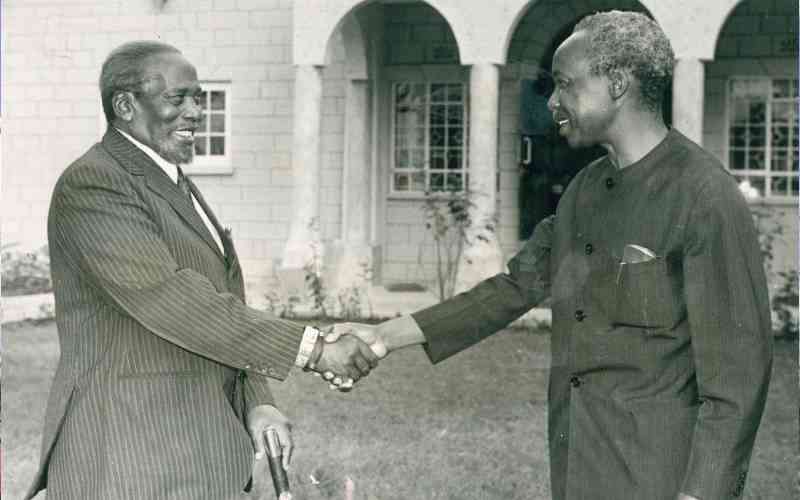×
The Standard e-Paper
Join Thousands Daily

London was aghast. How could a people who had fought for more than 70 years to set themselves free give away that freedom after only a few weeks?
The idea that Kenya was thinking of surrendering its sovereignty and its leaders surrendering the trappings of power to a new entity, the East Africa Federation was unfathomable to the lords in London.